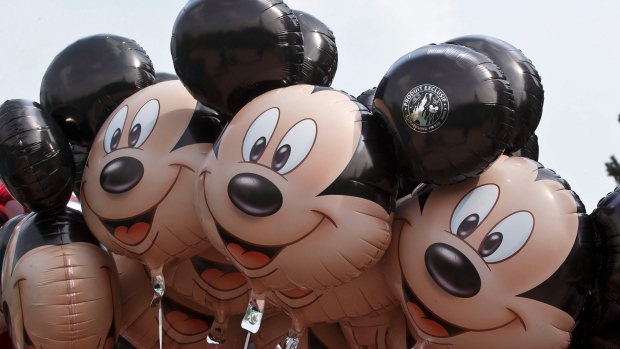Aug 23, 2018
Disney asks city of Anaheim to drop theme-park tax incentives
, Bloomberg News

In a surprise move, Walt Disney Co. (DIS.N) asked the city of Anaheim, California -- home of its Disneyland theme park -- to let it out of two tax agreements that would have given the company hundreds of millions of dollars in subsidies.
The incentives had created an “adversarial climate” in the city, Disneyland Resort President Josh D’Amaro wrote in a letter to the mayor and city council, requesting that they be dropped.
The move could prevent Disney, Anaheim’s largest employer, from being subject to an US$18 minimum wage that could be approved by residents in a ballot measure in November. The measure only applies to employers that accept tax subsidies in the city.
“We thank Disney for offering to resolve what has become a divisive issue with strong opinions on all sides,” Mike Lyster, a spokesman for the city, said in a statement. “We look forward to turning a new page and continuing to work with the company for years to come.”
Disney and Anaheim entered into the tax deals in 2015 and 2016. The agreements, controversial at the time, prevented the city from introducing any ticket tax for 45 years, provided the company invested US$1.5 billion in its parks. Disney also would have received US$267 million in hotel-tax rebates over 20 years in exchange for building a new luxury resort in the city.
Ballot Measure
Voters elected three new council members since those deals were approved, and unions seeking higher pay have successfully pushed for the ballot measure.
Disney reached a deal with some of its workers last month to boost pay to US$15 an hour in January. But the ballot measure would require more significant pay hikes than what Disney agreed to, including US$18 an hour by 2022.
The company said last week that it had put plans for the new hotel, its fourth in the city, on hold after Anaheim officials determined that a change in the project’s location meant it no longer qualified for subsidies.
Disneyland, the company’s original resort, is the world’s second-most visited theme park, after Disney World’s Magic Kingdom. A “Star Wars” themed area is scheduled to open in Disneyland next year.
